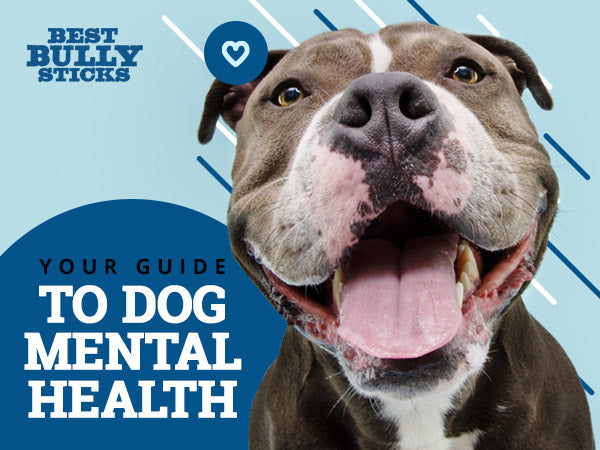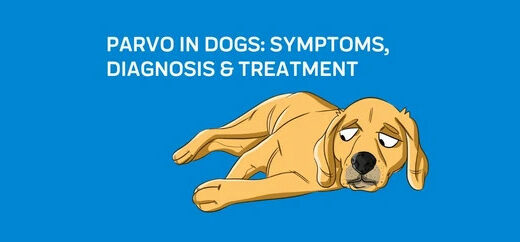
Just like humans, dogs experience ups and downs in their mental health. Sometimes, these dips can be temporary — while other times, they can become more chronic. Whether your dog seems down lately, or you just want to give their mental health a boost, there are steps you can take to help them feel better and become more mentally resilient. Here are 18 things you can do to support your dog’s mental health:
Understand your dog’s baseline.
The first step in looking for changes in your dog’s mental health is understanding what their baseline is. Some dogs are naturally more energetic and affectionate, while others tend to be more quiet and standoffish. What’s totally normal for one dog could be a sign of distress in another. Getting to know your dog as an individual and understanding what their normal is will help you spot any negative changes in their mental state and take action before they get really stressed out.
Know the signs of stress in dogs.
Dogs can’t verbalize their feelings the way humans can, so you need to be able to read their body language and behavior to get a read on how they are feeling. Signs of stress in dogs include: whining or barking; panting for no apparent reason; yawning, drooling, or licking; showing the whites of their eyes; pinning back their ears; excessive shedding of their coat; cowering or tucking their tail; refusing foods; bathroom accidents; and hiding or escape behavior. The stress can be temporary — such as greeting another aggressive dog — or it can be chronic.

Learn about canine mental health conditions.
Besides just stress, dogs can also experience mental health conditions including anxiety, depression, and even obsessive compulsive disorder (OCD). These mental health conditions can take many forms. For example, dogs can experience separation anxiety when they are separated from their pet parents, or social anxiety when they are around other dogs. If you think that your dog might have a mental health issue beyond just garden variety stress, talk to your vet about their symptoms to explore potential courses of treatment.





